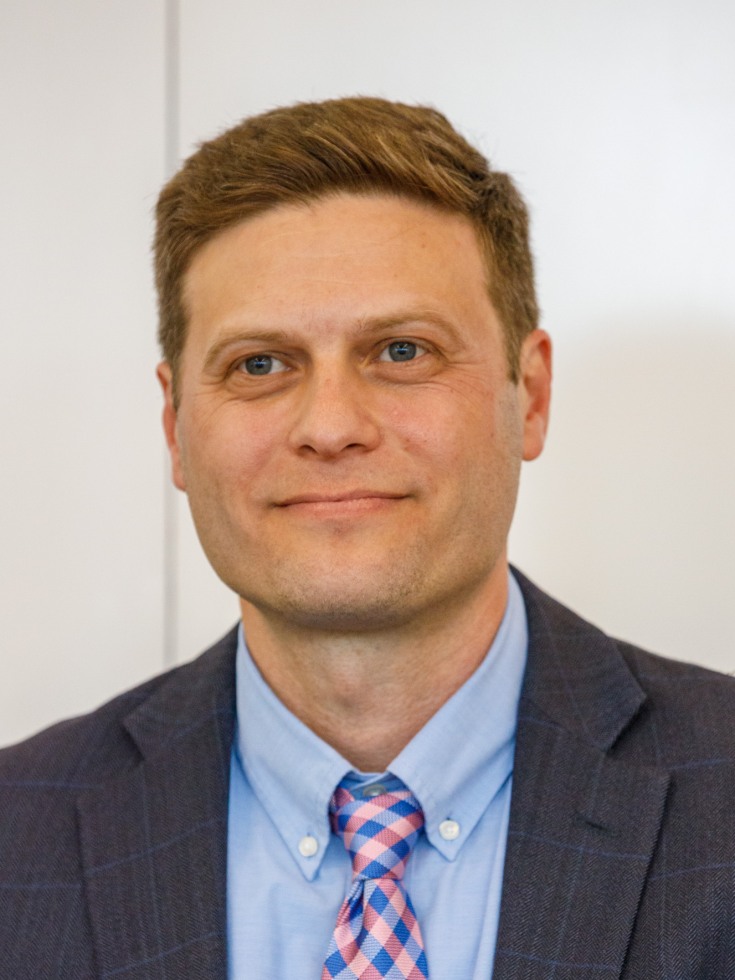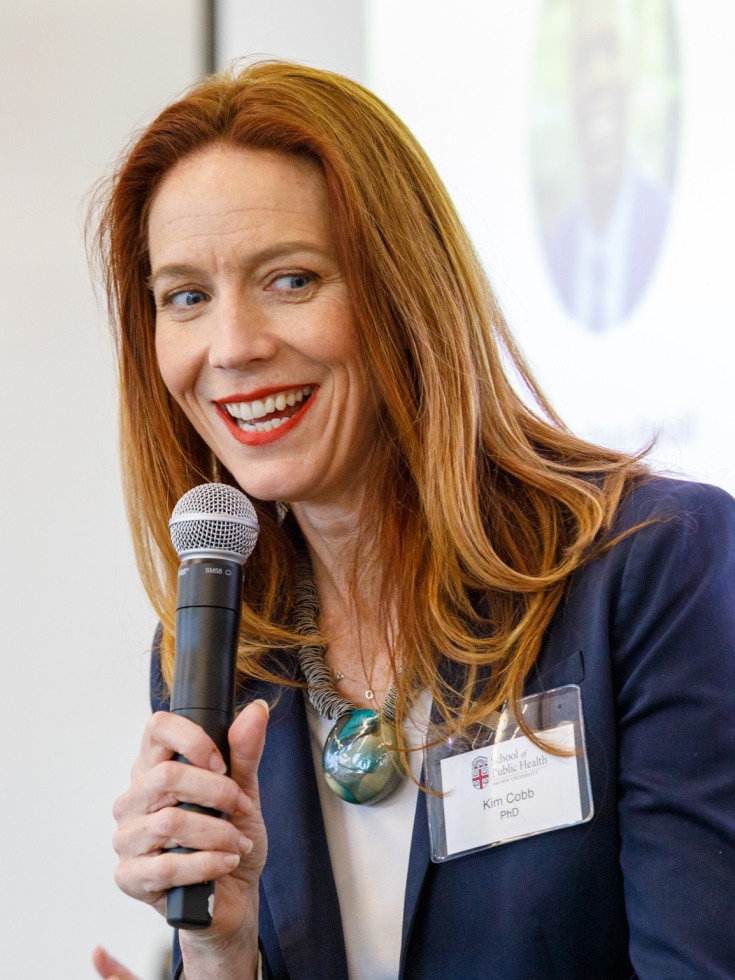The three-part Climate & Health Seminar Series came to a close last week, exploring the intersection of climate change and public health, both locally and globally. Focusing on the increasing need to address climate change in the public health space, SPH hosted three conversations beginning in the spring featuring Brown University faculty members from the School of Public Health, the Warren Alpert Medical School, and partnering units across campus.
The first seminar in the series, titled “Will Climate Change Cause the Next Pandemic?”, looked deeply at the effects that climate change is having on the likelihood of pandemics, as well as their severity. The second, “How Extreme Weather Events Impact Our Health and Wellbeing”, examined the global health emergencies caused by extreme weather events such as floods and wildfires.

